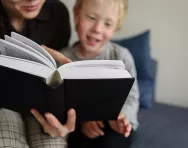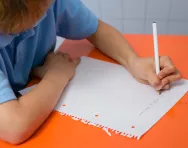Important update from TheSchoolRun
For the past 13 years, TheSchoolRun has been run by a small team of mums working from home, dedicated to providing quality educational resources to primary school parents. Unfortunately, rising supplier costs and falling revenue have made it impossible for us to continue operating, and we’ve had to make the difficult decision to close. The good news: We’ve arranged for another educational provider to take over many of our resources. These will be hosted on a new portal, where the content will be updated and expanded to support your child’s learning.
What this means for subscribers:
- Your subscription is still active, and for now, you can keep using the website as normal — just log in with your usual details to access all our articles and resources*.
- In a few months, all resources will move to the new portal. You’ll continue to have access there until your subscription ends. We’ll send you full details nearer the time.
- As a thank you for your support, we’ll also be sending you 16 primary school eBooks (worth £108.84) to download and keep.
A few changes to be aware of:
- The Learning Journey weekly email has ended, but your child’s plan will still be updated on your dashboard each Monday. Just log in to see the recommended worksheets.
- The 11+ weekly emails have now ended. We sent you all the remaining emails in the series at the end of March — please check your inbox (and spam folder) if you haven’t seen them. You can also follow the full programme here: 11+ Learning Journey.
If you have any questions, please contact us at [email protected]. Thank you for being part of our journey it’s been a privilege to support your family’s learning.
*If you need to reset your password, it will still work as usual. Please check your spam folder if the reset email doesn’t appear in your inbox.
Reading outside the book
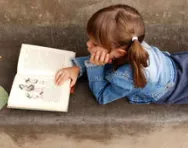
Reading is a vital skill which underpins our daily lives. For many children reading is often associated with formal classroom activities, homework, and national curriculum tests, and does not feature in their lives as a recreational or enjoyable activity. For these children, reading can become a negative experience, and they can lose confidence in their abilities as readers.
But as a parent there’s a lot you can do to help your child paint a positive picture of themself as an autonomous reader. Supporting your child’s reading outside of books in the everyday world is a great way to help your child learn new vocabulary and recognise new words without them even realising they are reading. Try using these everyday things to encourage their reading:
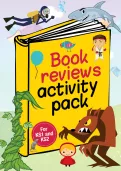
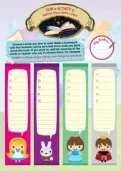
Claim A FREE Book Reviews Activity Pack!
- A huge collection of creative writing & reading comprehension resources
- Explore texts, deepen understanding, share opinions
- For Year 1 to Year 6
Road signs
When travelling by car or bus, ask your child to call out road signs when they see them. You could even turn it into a game where they must spot as many different signs as possible. For older children, you could even ask them to help direct you by map reading.
Supermarkets
They are a great place to help your child learn practical words. The combination of visual examples and words will help consolidate their learning, and the informal setting can make words easier to remember. For older children ask them to read ingredients to you to check what is in the food you are buying.
Menus
In cafes and restaurants, ask your child to read the menu to you and if there are any specials on a board.
Safety signs
On trips to swimming pools, theme parks, and play areas, there are often safety signs displayed. Ask your child to explain what the signs say and what they mean. This is a great way to help your child become aware of safety issues when outside the home, too
Internet
Many of your child’s favourite websites and games require an element of reading in order to progress to the next page or level. This is a fun and interactive way to help your child read and follow instructions without even realising they are using their literacy skills.
General instructions
Manuals, board games, craft kits and so forth all use instructional language. Ask your child to read the instructions and explain them back to you.
Packaging
Often cereal packets and products designed for children will have special cartoons and puzzles for children to solve. This is an excellent way to get your child enjoying reading, and excited about what they are reading.






